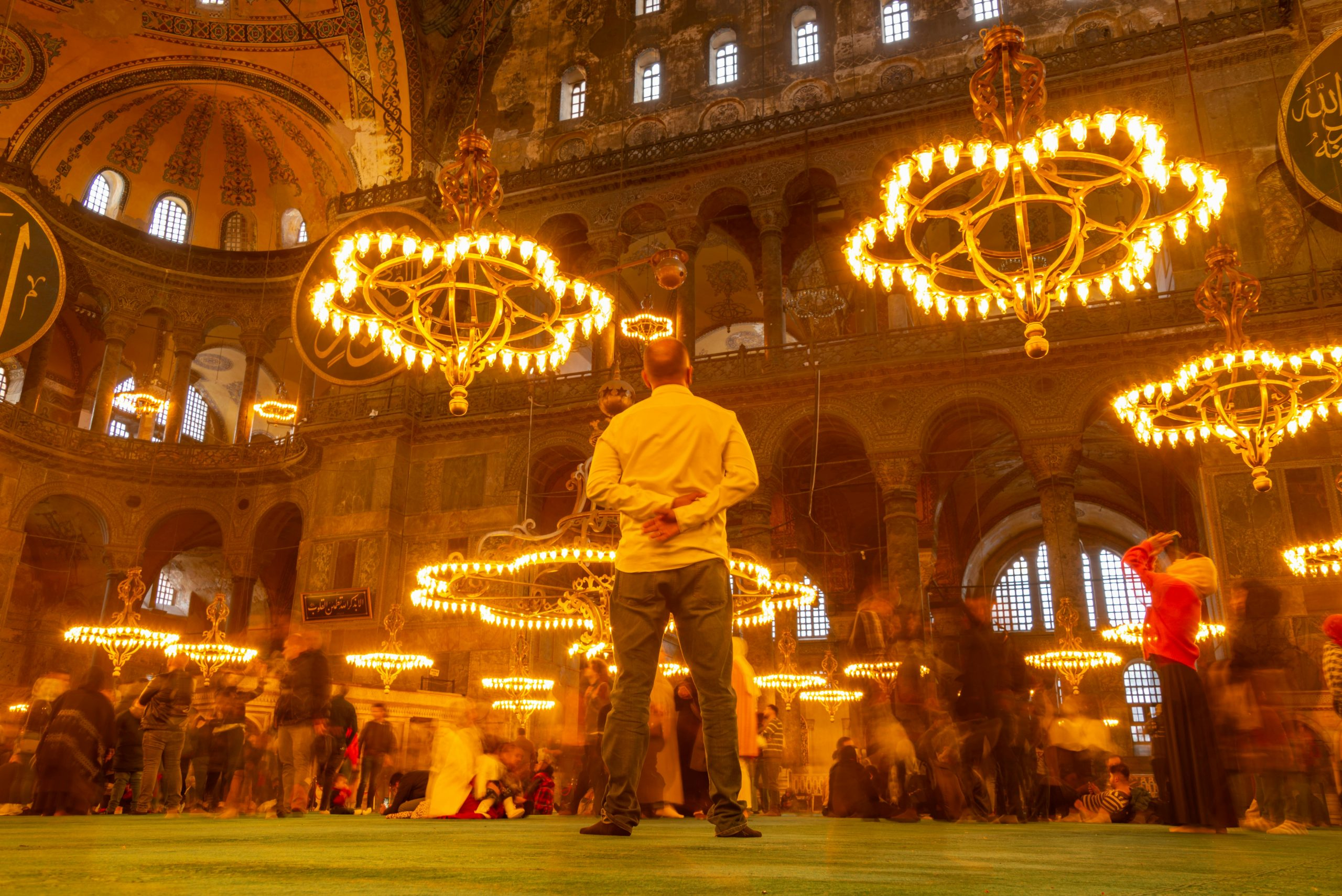The History and Cultural Impact of Grand Tour Traditions
Traveling has always been an integral part of human civilization, from ancient times to the modern era. One of the most significant forms of travel in western history is the Grand Tour tradition. It originated in the 17th century as a cultural phenomenon for young European aristocrats to travel and explore different countries and their cultures. The Grand Tour not only shaped the way people traveled but also had a massive impact on art, literature, and society as a whole. In this article, we will delve into the history and cultural impact of Grand Tour traditions, and how it continues to influence our perceptions of travel even today.
The Origin of Grand Tour Traditions
The birth of Grand Tour traditions can be traced back to the 1600s when young British men would travel to France or Italy as part of their education. The trip would typically last for several months and would include visits to cultural hubs such as Paris, Rome, and Florence. The purpose of these travels was to gain knowledge and appreciation of classical art, architecture, and literature. It was also seen as a rite of passage for young aristocrats before settling into their adult lives.
As the popularity of the Grand Tour grew, it soon became a status symbol among the upper-class society, and young men from other European countries also started embarking on similar trips. The Grand Tour was different from regular travel as it focused on cultural and educational experiences rather than leisure and relaxation.
The Influence of Art and Literature
The Grand Tour had a significant impact on the development of art and literature in Europe. The travelers would bring back paintings, sculptures, and other artifacts from their journeys, contributing to the growth of private art collections in their home countries. This also led to the rise of art dealers and auction houses, creating a competitive market for collecting art.
Moreover, the Grand Tour greatly influenced the work of prominent writers and poets of that time, such as Lord Byron, Percy Bysshe Shelley, and John Keats. Their travel experiences and encounters with different cultures inspired their literary works, which are still celebrated today. Their writings also provided a glimpse into the exotic and luxurious lifestyle of the Grand Tour travelers, further fueling its popularity.
Societal Impact of Grand Tour Traditions
The Grand Tour was not just limited to cultural experiences, as it also had a significant impact on the social and political aspects of European societies. Travelers would often attend lavish parties and social events, forging connections and building alliances. This resulted in the formation of a social hierarchy within the Grand Tour travelers, often based on wealth and class.
Furthermore, the Grand Tour opened up a world of possibilities for young women, who were traditionally discouraged from traveling alone. With the rise of female travelers, women were able to break away from societal norms and explore different cultures and ideas, thus promoting female empowerment.
The Grand Tour Today
The Grand Tour tradition may have started as a privilege for the wealthy elite, but it has now evolved into a popular concept for people from all walks of life. With the ease of modern transportation and advancements in technology, anyone can embark on a journey to explore different cultures, just like the Grand Tour travelers did.
Moreover, with the rise of social media, sharing travel experiences and connecting with people from around the world has become easier than ever. The Grand Tour mindset of seeking cultural knowledge and experiences still holds true, and travelers can now customize their trips according to their interests and preferences.
In Conclusion
The Grand Tour tradition has stood the test of time and has left a lasting impact on society, art, and literature. It changed the way people travel and led to the development of a more globalized world. The Grand Tour continues to inspire and influence our perceptions of travel, and its legacy lives on in the modern-day concept of cultural tourism. So, the next time you embark on a journey to explore a new culture, remember the roots of the Grand Tour tradition and the countless travelers who have embarked on this remarkable experience before you.







